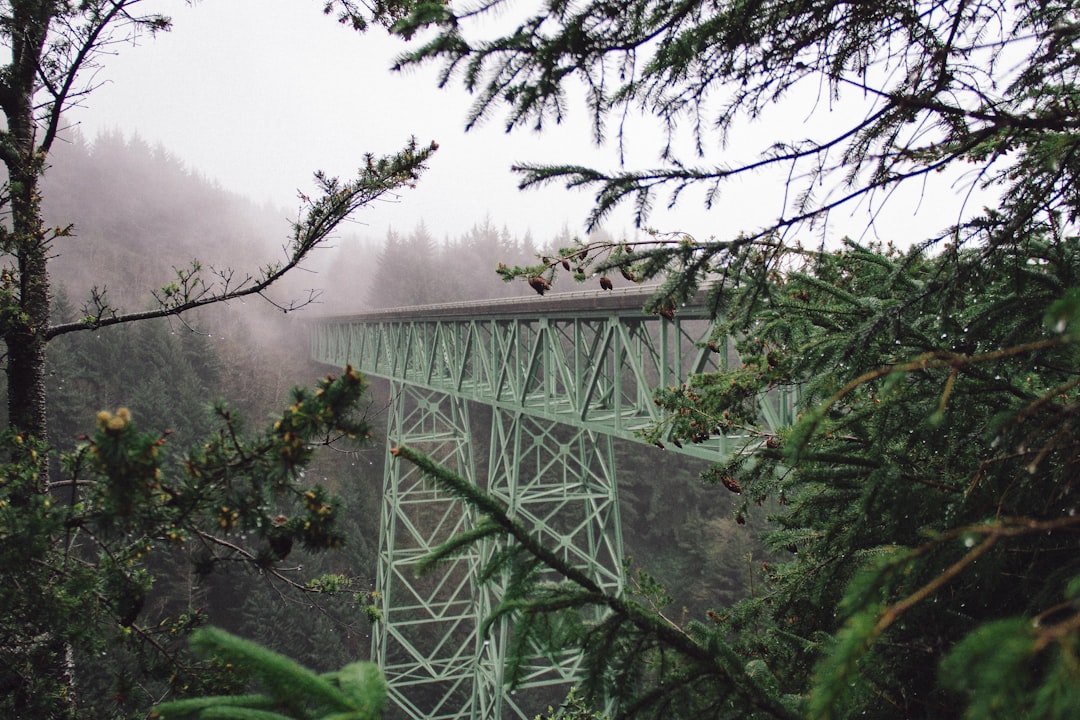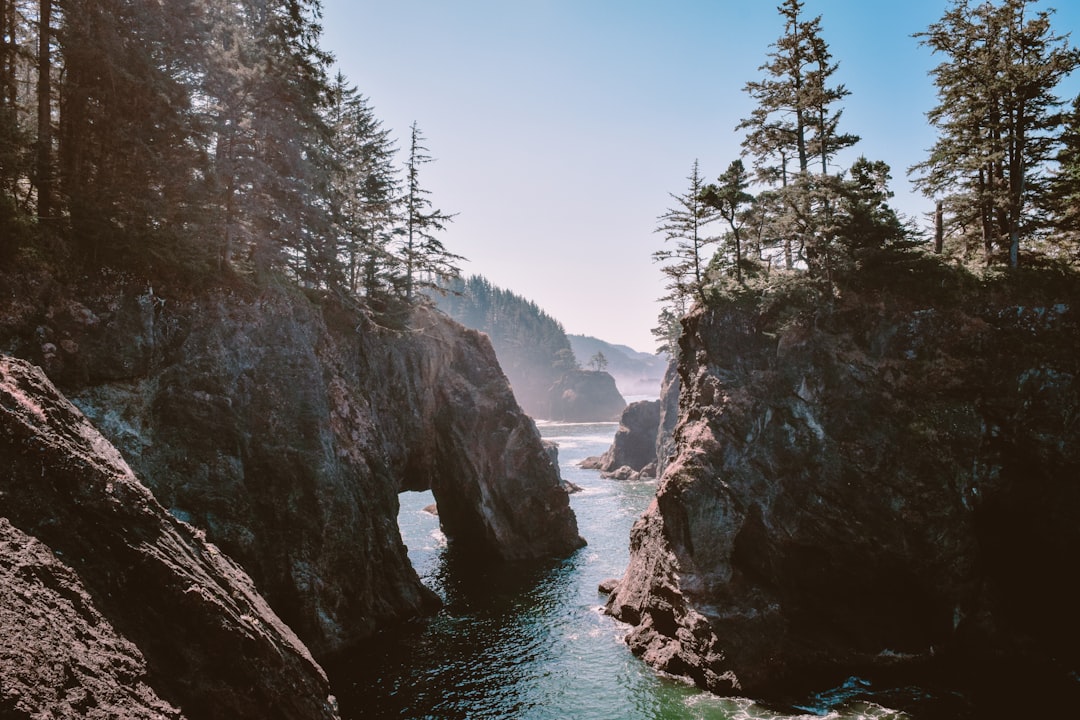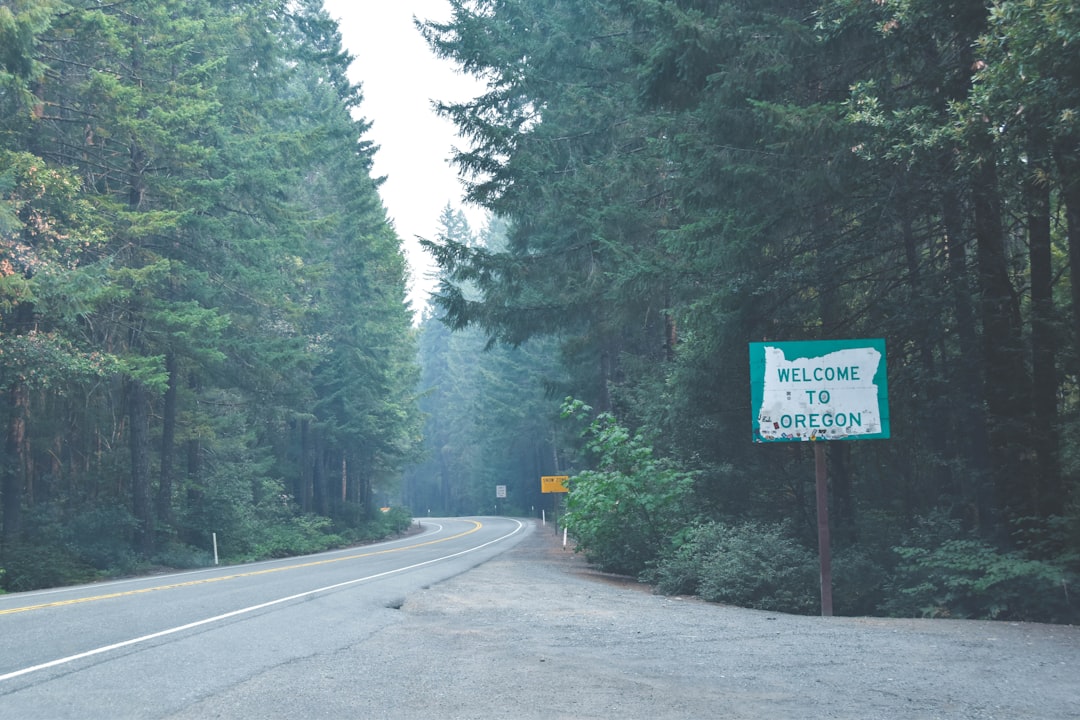Oregon's history is dotted with ghost towns that once thrived but were abandoned due to changing economic realities. These communities' decline underscores the state's evolving nature from a frontier to modern society. Strict Do Not Call laws in Oregon protect residents from intrusive telemarketing and preserve these historical sites, ensuring their stories are told. Consulting specialized Do Not Call lawyers or law firms in Oregon is crucial for navigating communication regulations as they adapt to new technologies, safeguarding both consumers and businesses alike.
Oregon’s ghost towns are more than just historical curiosities; they’re a testament to the state’s past and evolving legal landscape. Once bustling with miners, merchants, and pioneers, these abandoned settlements tell stories of boom and bust. Today, Oregon’s ghost towns face a new challenge: navigating modern communication laws like Do Not Call regulations. This article explores the history of these forsaken communities, the impact of Do Not Call laws on Oregon’s legal scene, and how their legacy is preserved for future generations, with insights from top Do Not Call lawyers in Oregon.
The Rise of Ghost Towns in Oregon's History
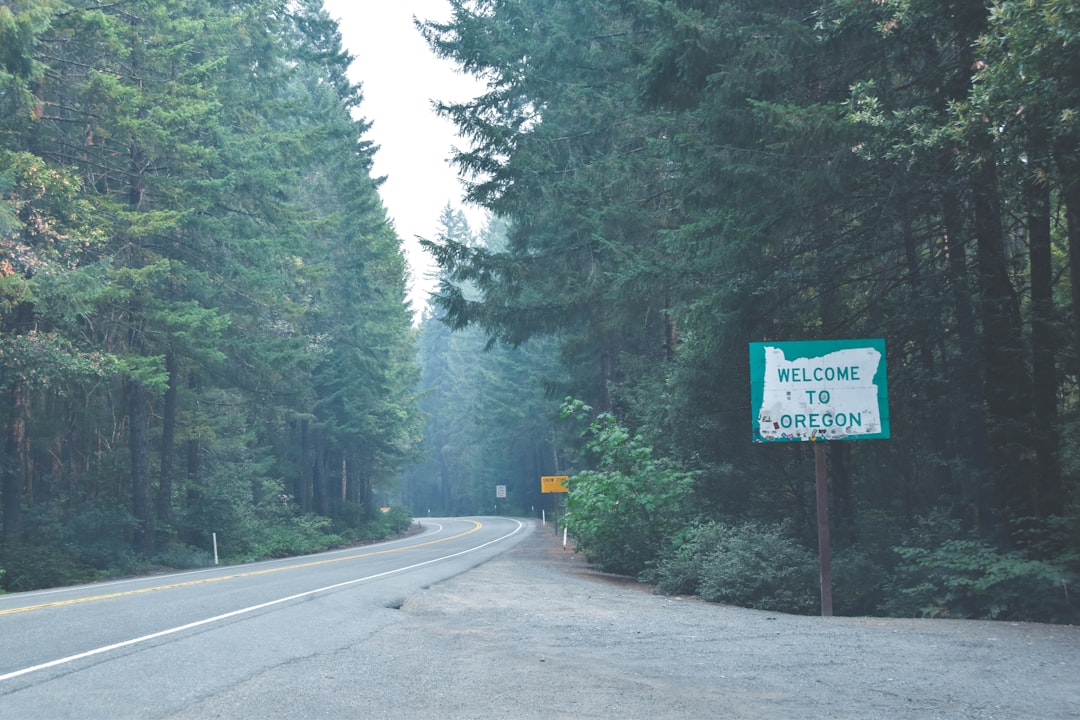
In the late 19th and early 20th centuries, Oregon’s landscape was dotted with bustling towns that sprang up in response to gold rushes, logging booms, and agricultural expansions. Many of these communities flourished for decades, serving as vital hubs for trade, commerce, and social interaction. However, as economic conditions changed and new industries emerged, many towns began to decline and eventually became ghost towns. The story of these vanished settlements is intertwined with Oregon’s rich history, reflecting the state’s transformation from a frontier wilderness to a modern, diverse society.
The rise and fall of these communities are also tied to legal and regulatory shifts. In response to the growing problem of unwanted phone calls—a concern that feels quaint in today’s digital age—Oregon enacted Do Not Call laws (or similar regulations) aimed at protecting residents from persistent telemarketing and sales calls. These laws, though not directly related to ghost towns, underscore the state’s commitment to consumer protection and privacy, values that have shaped Oregon’s evolution throughout its history, including the rise and disappearance of its once-vibrant communities.
Do Not Call Laws and Their Impact on Oregon's Legal Landscape
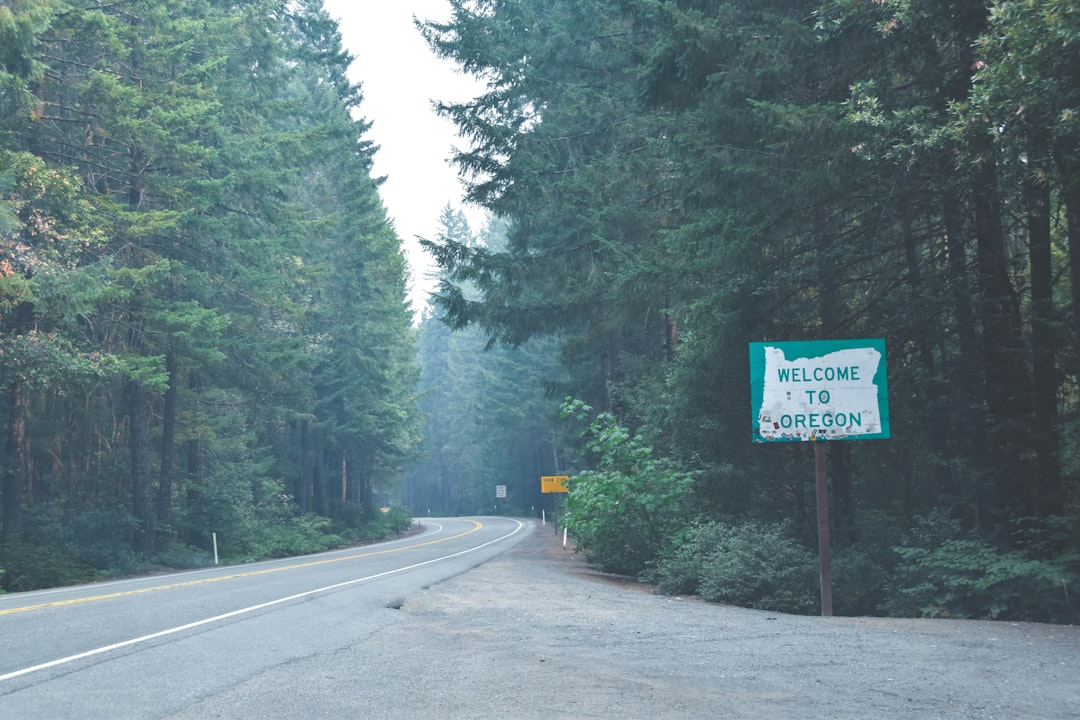
Oregon’s legal landscape is shaped by its unique history and the evolution of its regulations, particularly when it comes to communication laws. One notable aspect is the state’s strict Do Not Call laws, which have been implemented to protect residents from unwanted telemarketing calls and spam messages. These laws are a result of public demand for greater control over their personal communications.
Do Not Call lawyers in Oregon play a crucial role in navigating this legal territory. They assist individuals and businesses in understanding the regulations, ensuring compliance, and providing representation when necessary. With the rise of technology and ever-changing communication methods, these laws have become more complex, requiring specialized knowledge to interpret and enforce them effectively. Therefore, those seeking guidance on Do Not Call matters should consult a qualified Oregon Do Not Call attorney.
Preserving the Legacy: Exploring Oregon's Ghost Towns Today

Exploring Oregon’s ghost towns offers a unique glimpse into the state’s rich history and provides an opportunity to preserve its legacy. These once-thriving communities, now silent witnesses to the past, provide a fascinating narrative of boom and bust cycles that shaped the state. Today, visitors can discover remnants of these bygone eras, from old mining camps to historic downtowns, many of which have been meticulously restored and protected by local historical societies and dedicated individuals.
Do Not Call Laws Oregon protect these sites from unwanted modern intrusions, ensuring that the essence of these ghost towns remains intact. Tourists and history enthusiasts can wander through the deserted streets, imagine the lively past, and learn about the lives of those who once called these places home. Preserving these ghost towns is not just about maintaining physical structures; it’s about storytelling and honoring Oregon’s diverse cultural heritage.
